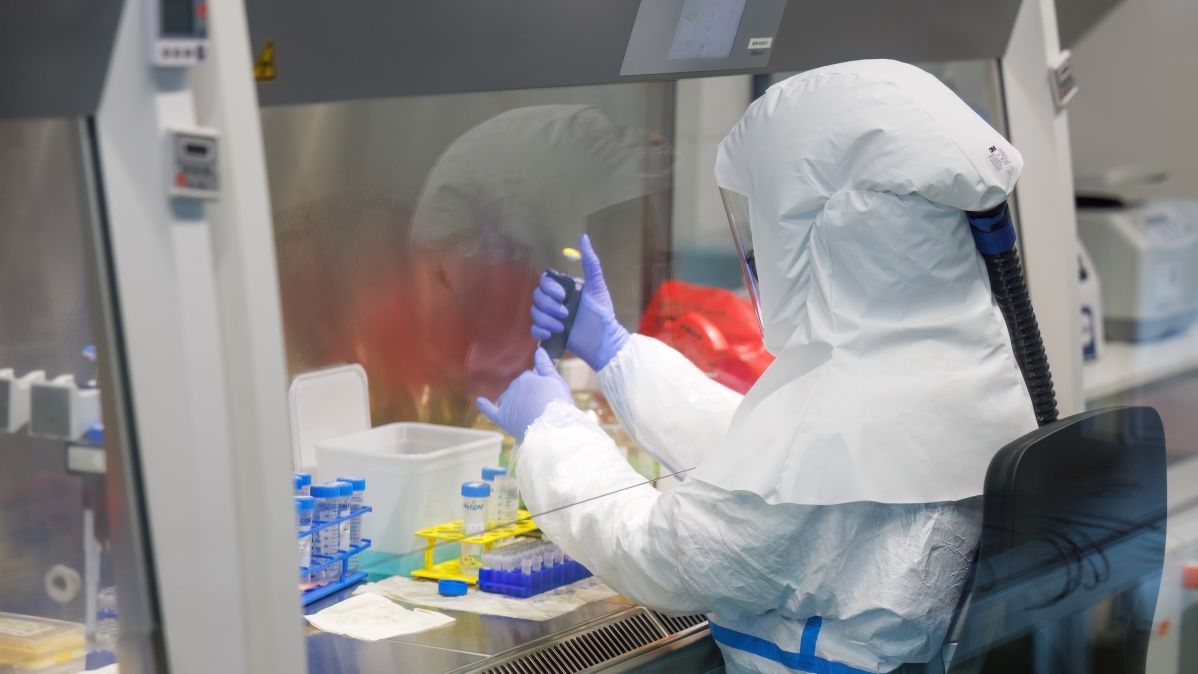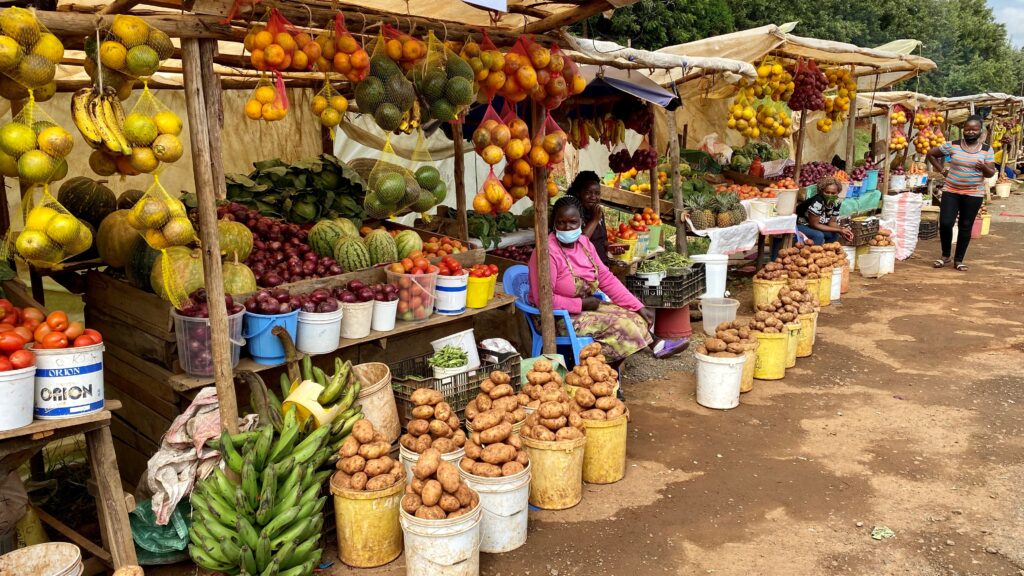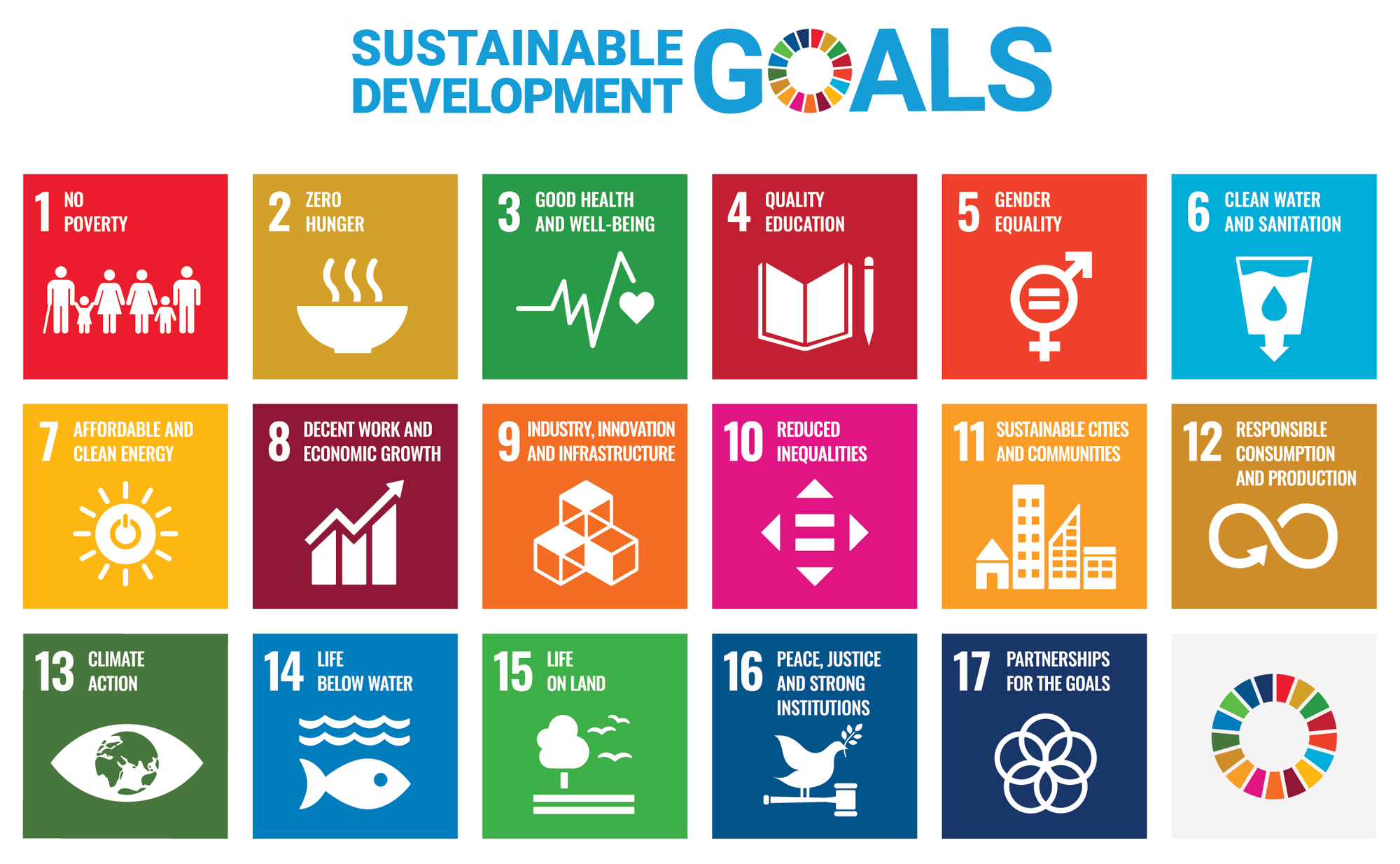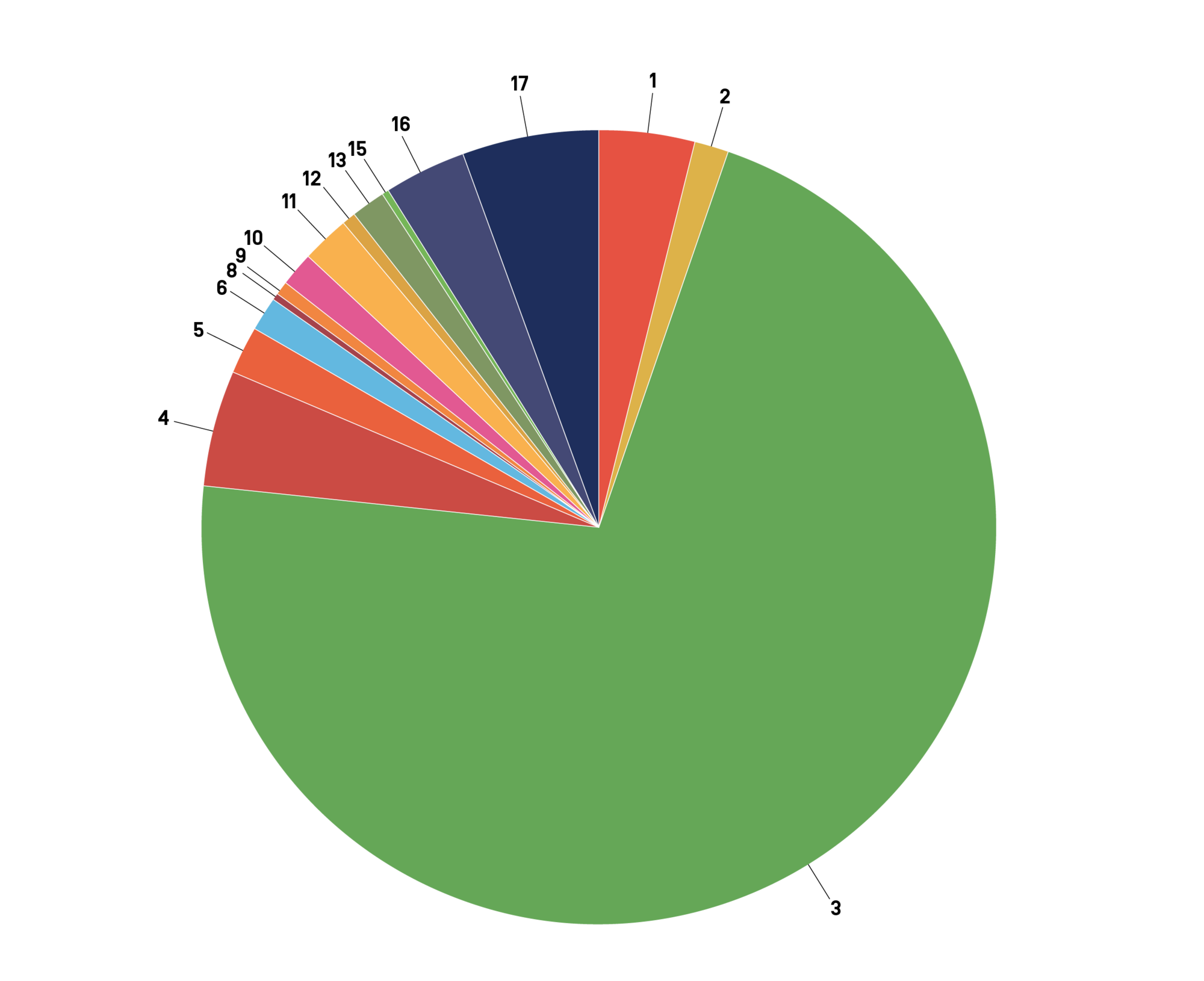Swiss TPH Contributions to the Sustainable Development Goals
The Sustainable Development Goals (SDGs), also known as the Global Goals, are a universal call to action to end poverty, protect our planet and ensure that all people enjoy peace and prosperity. This transformative sustainability agenda for 2030 has introduced a paradigm shift towards a more holistic view of development goals, including those related to health and well-being, which require greater intersectoral coherence and inter- and transdisciplinary approaches. The SDGs integrate and balance the three equal dimensions of sustainable development - environment, economy and society - promoting the global vision of living in justice and equity.
Swiss TPH is actively engaged in and directly contributes to the achievement of SDG 3 ("Good health and well-being"), as well as many other of the 17 SDGs. This spans the full spectrum of innovation and research, validation and implementation to sustainably improve and maintain the health and well-being of populations in an integrated manner. Our contributions to sustainable development in health and society are made through basic and applied research, translational application and implementation, and support services. Our teams contribute to various SDG bodies in Switzerland, Europe and at the global level.
Through our research projects and service mandates, we contribute to 14 of the 17 SDGs.
Selected Projects

Subclinical Tuberculosis: Evolution, Transmission, and Public Health Implications
Tuberculosis (TB) remains a global health emergency, causing 10 million new cases and 1.5 million deaths annually. Traditionally, only symptomatic active pulmonary TB patients were considered infectious. However, recent findings show that 50% of TB bacilli shedders have no symptoms, a condition called subclinical TB. Swiss TPH leads an SNSF-funded project studying the virulence-transmission trade-off in TB, focusing on phylogenetic lineages of the Mycobacterium tuberculosis complex (MTBC). The research compares 'ancient' and 'modern' MTBC lineages to explore their roles in subclinical and active TB transmission and progression. Read more

Advancing Buruli Ulcer Diagnosis and Treatment
Buruli ulcer primarily affects children in West Africa, particularly in remote rural areas with limited healthcare access. A Botnar Research Centre for Child Health-funded project aims to improve diagnosis and treatment, reducing long-term suffering, stigma, and disability. Swiss TPH researchers are developing a rapid diagnostic test by converting the ELISA test into a lateral flow format and working on a short, fast-acting antibiotic therapy. The project’s goal is to bring diagnosis and treatment closer to patients, ensuring early detection and better outcomes for affected children. Read more

Towards the Elimination of Cervical Cancer
The TRACCTION study aims to understand the cancer landscape in Tanzania and contribute to the elemination of cervical cancer in the country. The mixed-methods study uses a transdisciplinary approach to explore women's perceptions of cervical cancer care, document the cervical cancer care cascade from screening to treatment for women living with and without HIV, and identify demand-side gaps and opportunities to increase uptake of cervical cancer screening and treatment in Kilombero District, Tanzania. Read more

Tackling Urban Malnutrition: The NICE Project
The world faces a growing malnutrition crisis, with urbanization shifting its impact to cities. The NICE project aims to improve urban diets in low- and middle-income countries (LMICs) by fostering locally-led nutrition initiatives. Through agriculture, food, and health sector collaborations, along with public-private partnerships, NICE promotes sustainable food systems. It empowers women and youth entrepreneurs to enhance food security and economic opportunities. By strengthening food production, demand, and accessibility, NICE advances nutritious diets through agroecological practices, contributing to healthier, more sustainable urban food environments. Read more

Digital Tool to Improve Care for Children
The ALgorithm for the MANAgement of CHildhood illnesses (ALMANACH), developed by Swiss TPH, is an upgraded electronic version of the IMCI (Integrated Management of Childhood Illnesses), an initiative that focuses on both curative care and disease prevention. As an innovative application on tablets or smartphones, ALMANACH provides valuable services in regions where healthcare is insufficient or difficult to access. ALMANACH helps health workers by asking targeted questions during the diagnosis process and suggesting medication for treatment. Read more

Adapting Health Systems to Climate Change
As climate change intensifies, transformative adaptation is crucial to addressing health risks from heatwaves, air pollution, wildfire emissions, and pollen. However, comprehensive adaptation remains largely unreported in Europe. healthRiskADAPT develops a health risk assessment system for Mediterranean, Alpine, and Continental regions, empowering local and regional authorities with data-driven decision-making tools. Swiss TPH leads Work Package 3 (WP3), assessing climate-related health impacts and developing high-resolution health indicators and risk indices. These tools will enhance preparedness, strengthen early warning systems, and support effective climate adaptation strategies to protect public health. Read more

